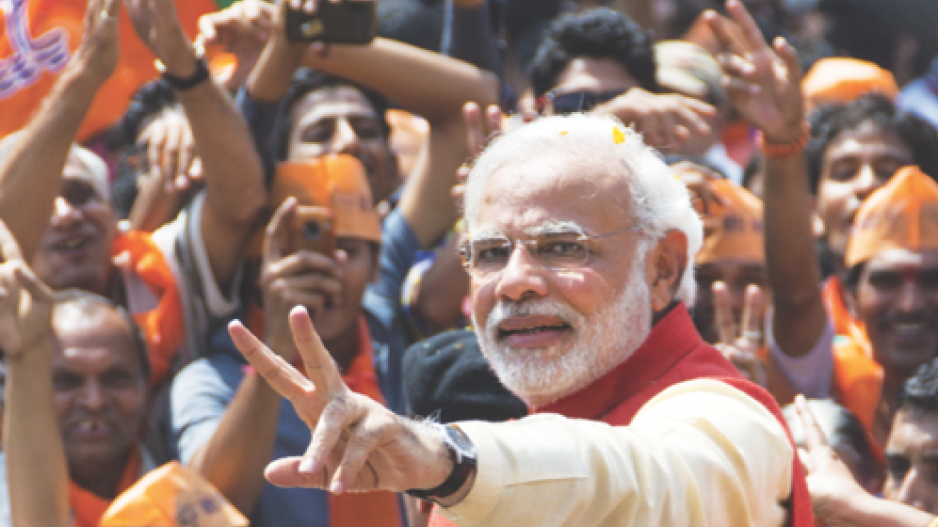As more and more Asian countries make the transition to full-fledged democracies, stock market investors are paying much more attention to the reformist credentials of the government leaders than they are to the nations’ underlying assets.
The phenomenon has been evident for some years but is especially noticeable since the United States-instigated financial meltdown of 2008 reminded the world of the importance of governments pursuing appropriate regulation, sound oversight and transparent systems.
The personality-driven nature of this trend features sustained bounces in stock market value directly associated with incoming government leaders who have won elections on the promise of economic reform, the removal of distorting subsidies, the dismantling of the influence of special interests and the promotion of free trade.
So in recent months and years there has been dramatic stock market action fuelled by enthusiasm for the reformist platforms of Shinzo Abe in Japan, Joko Widodo in Indonesia, Narendra Modi in India and Benigno Aquino in the Philippines.
But perhaps the most extraordinary example of this phenomenon is that Pakistan, which often seems to be in the grip of almost total political and social disarray, has seen a 36.88% rise in the Karachi stock market index in the past year. Indeed, there has been a steady rise in equity value since Prime Minister Nawaz Sharif was elected in June last year on pledges to push basic economic reforms, including the privatization of state-owned companies, tighter budget discipline and higher government revenue through a broadening of the tax base.
The stock market rise has been just as dramatic in neighbouring India, where it has risen 39.6% in the last 12 months, much of that since Modi was elected prime minister in May on promises of reigniting the country’s economy.
Investor exuberance hit Indonesia’s stock market composite index from the beginning of this year when it seemed certain the popular governor of Jakarta would run for the presidency and win, as he did in July elections. The index has risen 22.4% since January on the expectation that Widodo, who is universally known as “Jokowi,” will repeat his performance as chief administrator of Jakarta and unravel the tangle of entrenched special interests, ineffectual government, contorted treatment of foreign investment and distorted demands on the national budget.
The markets are probably expecting too much of Jokowi, and they have not been kind to other Asian leaders who failed to live up to their promise. The flame-out of Japan’s charismatic and often eccentric leader Junichiro Koizumi, prime minister from 2001 to 2006, is a good example of the market punishing non-performance.
In contrast, the market reception for Abe, who started a second spell as Japan’s prime minister in December 2012, remains steadily confident. The Tokyo exchange had been on a steady decline until Abe returned to power with a clearly laid-out program for structural reform of Japan’s economy. The index has risen 13.03% in the last 12 months.
For decades the Philippines has failed to keep pace with other emerging Asian “tiger” economies, despite having one of the region’s best-educated and skilled populations. That began to change with the election of Benigno Aquino to the presidency in June 2010, on a promise to clean up the country’s stultifying national debt and its corruption-riddled economy. Even though progress has been predictably slow, the markets are giving Aquino an A for effort. The stock market index has risen 19.44% in the past year. More importantly, the Philippines has become one of the fastest-growing economies in Asia. The gross domestic product rose 7.4% last year and is on track to better that result this year. •




